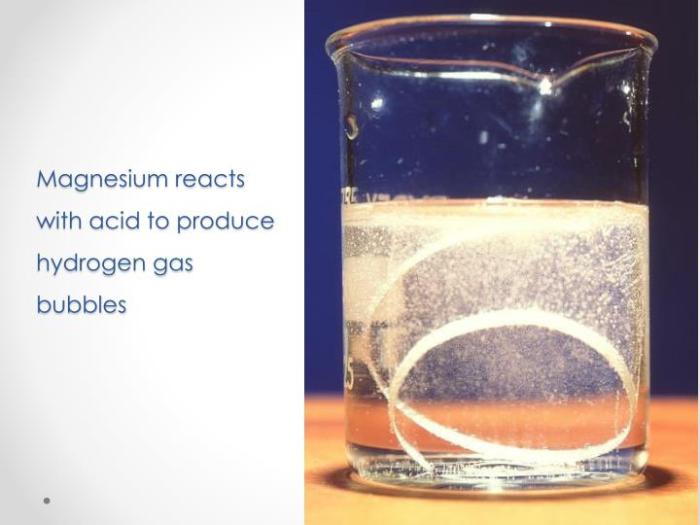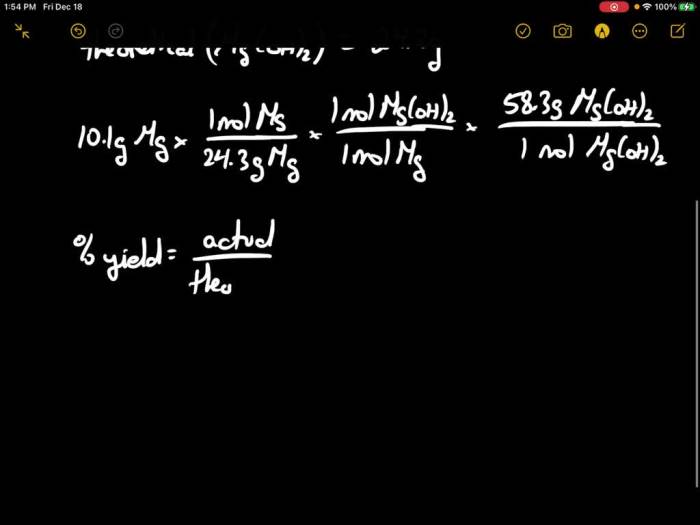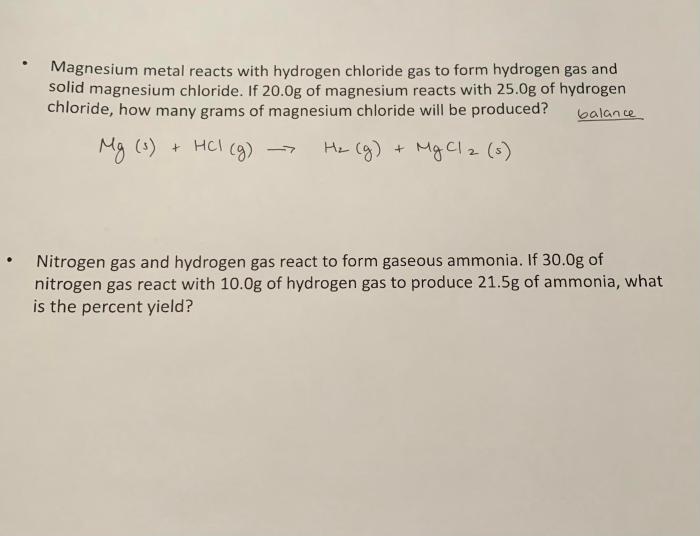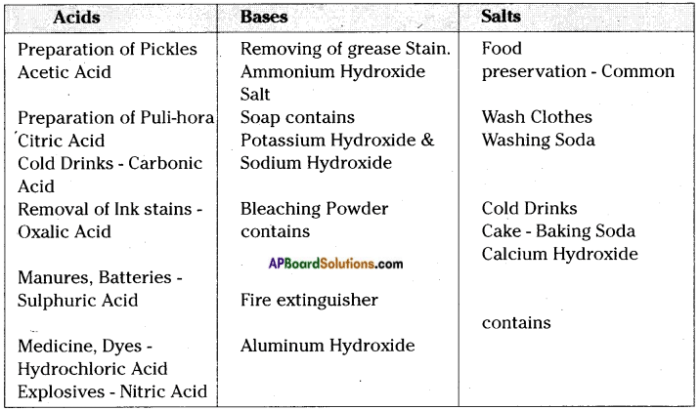Which statement describes a chemical property of the element magnesium – Magnesium, an abundant element, exhibits a fascinating array of chemical properties that have captivated scientists and engineers alike. This article delves into the distinctive characteristics of magnesium, exploring its reactivity, oxidation state, flammability, corrosion resistance, biocompatibility, and catalytic prowess.
From its ability to form ionic bonds to its remarkable resistance to corrosion, magnesium’s chemical properties have shaped its diverse applications, ranging from lightweight alloys to medical implants. As we delve into the intricacies of magnesium’s chemical behavior, we uncover the reasons behind its unique properties and appreciate its significance in various scientific and industrial domains.
Chemical Properties of Magnesium: Which Statement Describes A Chemical Property Of The Element Magnesium

Magnesium is a highly reactive metal that readily forms ionic bonds with other elements. Its chemical properties play a crucial role in its applications in various industries and scientific fields.
Reactivity
Magnesium is a highly reactive metal that tends to form ionic bonds with other elements. It readily reacts with oxygen to form magnesium oxide, which is a white powder. Magnesium also reacts with chlorine to form magnesium chloride, a colorless solid.
Oxidation State, Which statement describes a chemical property of the element magnesium
Magnesium typically exhibits an oxidation state of +2 in its compounds. This oxidation state is stable due to the electronic configuration of magnesium, which has two valence electrons that it can lose to achieve a stable octet configuration.
Flammability
Magnesium is a highly flammable metal that burns with a bright white light. When exposed to heat or a flame, magnesium reacts with oxygen to produce magnesium oxide and release heat and light. This property makes magnesium useful in flares and incendiary devices.
Corrosion Resistance
Magnesium has excellent corrosion resistance in certain environments. In dry environments, magnesium forms a protective oxide layer that prevents further corrosion. However, in humid or acidic environments, magnesium can corrode more easily.
Biocompatibility
Magnesium is biocompatible, making it suitable for use in medical implants. It is well-tolerated by the body and does not cause significant immune reactions. Additionally, magnesium is essential for various biological processes and plays a role in bone growth and nerve function.
Catalytic Properties
Magnesium acts as a catalyst in various chemical reactions. For example, it is used as a catalyst in the production of organic compounds and in the synthesis of Ziegler-Natta catalysts, which are used in the production of plastics.
Q&A
What is the most common oxidation state of magnesium?
+2
Why is magnesium so flammable?
Because it reacts exothermically with oxygen, releasing a significant amount of heat and light.
How does magnesium resist corrosion?
By forming a protective layer of magnesium oxide on its surface.
What makes magnesium biocompatible?
Its ability to degrade in the body without causing adverse reactions.
What are some applications of magnesium’s catalytic properties?
In organic synthesis, hydrogenation reactions, and water purification.



